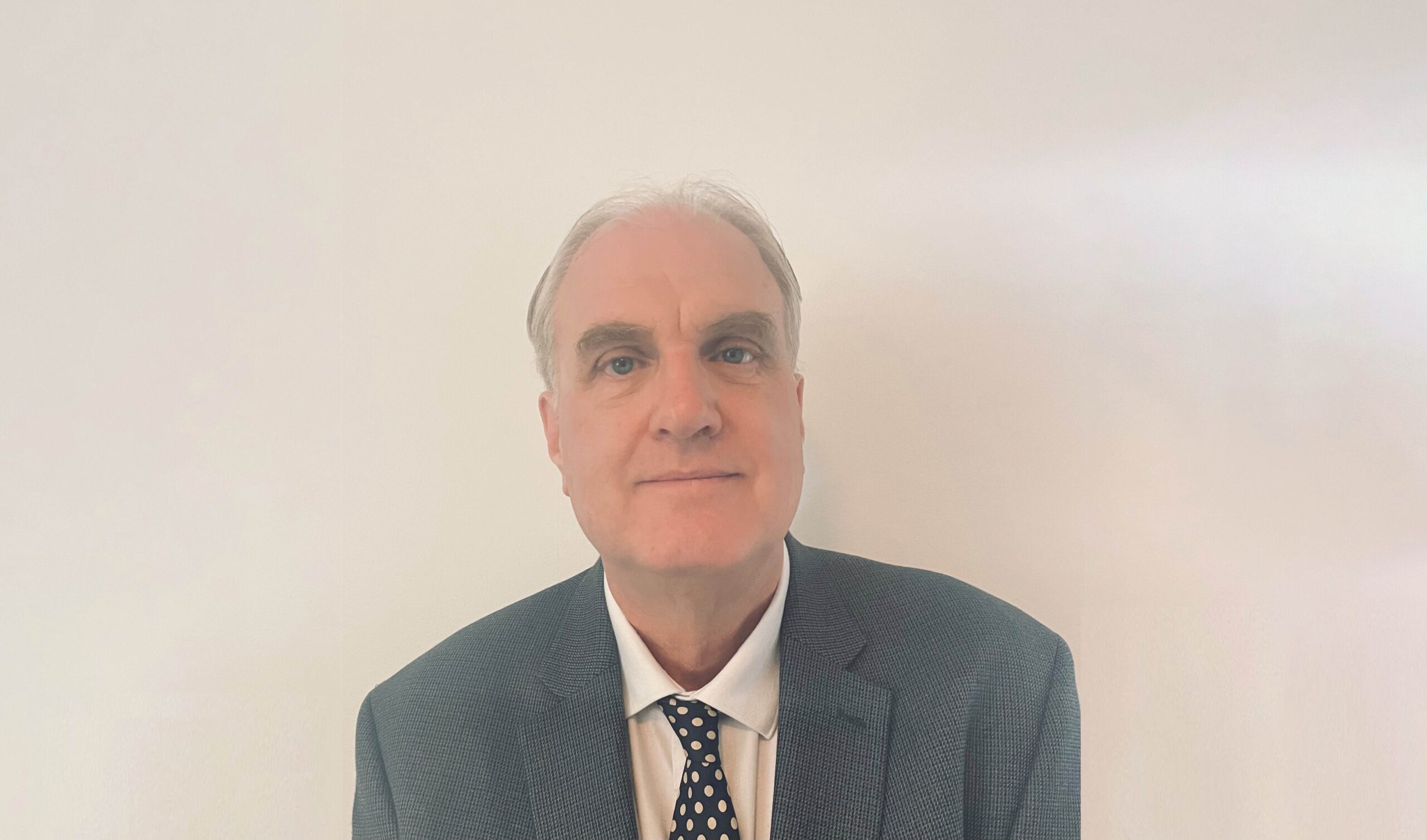

David Thomas is a program lawyer at Osgoode Professional Development (OsgoodePD). David grew up in a small village in Wales, received an education in Nottingham, England and ended up practising law in Toronto, Canada. Here is his journey in his own words.
I studied law at Nottingham Trent University in Nottingham, England, earning a BA (Hons) in Law and a Masters in Employment Law. My alma mater offered me a teaching position, where I taught for 10 years before deciding that, if I wanted to teach law, I should also get some insight into practicing it. With this in mind, I headed to the Inns of Court School of Law and was subsequently called to the Bar of England and Wales.
Living in London, England at that time – with my legal career about to start – I learned that my Canadian wife, Ali, was expecting our first child. We had an important decision to make: where should we bring up our fledgling family? At the same time we both exclaimed “Canada!” Hence, in November of 1996 we landed at Pearson International Airport and the journey had begun.
Being an internationally trained lawyer poses any number of challenges. It is not just getting used to subtle differences in the legal world, wrestling with new subjects (Canadian Constitutional Law anyone?) but also coping with the lack of a network of professionals and mentors. The one thing that I was continually told by Canadians practicing law in Canada was that I had to “network” because that is how you get a job and that is how you build a successful career.
Therefore, like countless others before me, I put my qualifications before the National Committee on Accreditation (NCA). The NCA decided that I would have to complete eight subjects to be eligible to take the Canadian Bar.
Competition for places in Canadian law schools is rather fierce, but I managed to enrol in four of the required subjects at the University of Ottawa. I had to complete the other four subjects at home, armed with only a syllabus and a reading list (that was not fun).
Attending courses at the University of Ottawa was a great experience and meeting regularly with faculty and fellow students helped with networking; and also went a long way to combatting feelings of isolation. It is a huge challenge to re-qualify as you must develop a completely different mindset. You come from a position where you have the credentials in your home country, but to embark on your new career in a new country requires a major pivot as you must go back to attending classes, studying hard for exams, and learning new laws, systems and customs. It is not an easy adjustment.
I toughed it out though. I satisfied the NCA requirements, passed the Bar exam and ended up articling and working as an associate at Torys LLP in Toronto. Legal practice was certainly an eye-opener – extremely long hours, blockbuster commercial deals and amazingly talented colleagues made for an enriching experience.
Great as that experience had been, I always felt that my niche was legal education, and it was no surprise that my career path took me full circle as I ended up working as a program lawyer at OsgoodePD. My focus at OsgoodePD has been primarily on developing five-day certificate programs in numerous subject matter areas, including health law, pensions, human rights, employment law and labour law.
Imagine my surprise when several years ago, with the numbers of internationally trained lawyers seeking to come to Canada rising rapidly, the assistant dean at OsgoodePD asked me to develop an NCA exam prep program! What we devised was an intensive three-week prep program covering the core NCA subjects. The first cohort got underway with just over 70 students, including several from my old university. It was wonderful to see them embark upon their legal journey and, in a small way, to help them progress in their exciting new venture! This program has since been converted to online, and has helped 1000+ internationally trained lawyers.
If there is one piece of advice that I would give to internationally trained lawyers, it would be to always keep the timescale for requalifying, as well as all the hurdles that exist in that process, firmly in perspective. The time will quickly pass, hurdles will be overcome, and along the way you will meet new people and develop your network.
Remember all that you bring as an internationally trained lawyer – a much broader and enriching set of perspectives and knowledge – that will prove an invaluable asset in today’s changing world. People who can pivot and are adaptable will always be sought after.
Want to learn more about becoming a practising lawyer in Canada?

